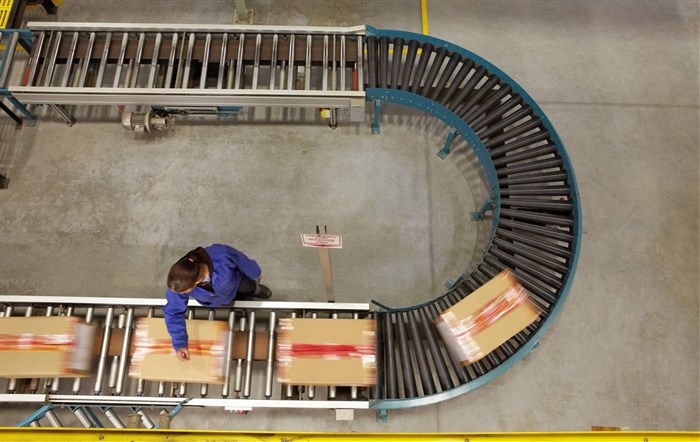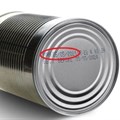According to The Professional Body for Supply Chain Management (Sapics), the recent announcement of a recall by Tiger Brands of some of its canned vegetable products has put the spotlight on reverse logistics, an often-neglected aspect of supply chain management.
Tiger Brands recalled certain canned vegetable products in the Koo and Hugo’s brands due to a small number of defective cans from a packaging supplier. The products include baked beans, and encompass goods produced over a two-year period: from 1 May 2019 to 5 May 2021.
"Product recalls are a nightmare for organisations and supply chains. This latest food recall in South Africa should be prompting all organisations, including manufacturers, retailers and logistics service providers, to examine their reverse logistics plans and skills," says MJ Schoemaker, Sapics president.
"It is reported that around 20-million canned products have been recalled by Tiger Brands. Imagine the logistics involved in getting 20 million items back from consumers and retailers around the country. Having efficient, tried and tested recall plans and effective reverse logistics programmes in place is essential for manufacturers, retailers and everyone in the end-to-end supply chain.
"It can mitigate the potential damage and turmoil associated with a recall, including ensuring the health and safety of consumers, maintaining good relationships with suppliers and customers, preserving brand reputation and retaining the trust of consumers, and reducing the potentially enormous costs associated with a recall."
Reusing, recycling products and materials
Reverse logistics encompasses all the activities associated with a returned product or product components that are effectively moving backwards through the supply chain. It includes recalled goods and parts of products that are reused or recycled; like the oxygen cylinders that have been vital in the supply of medical oxygen during the Covid-19 crisis.
Reverse logistics is often forgotten because most companies’ primary focus is on the forward supply chain, or forward logistics, which gets products to market and has the greatest impact on a business’s bottom line. However, organisations ignoring the reverse supply chain and the need for reverse logistics planning and competency do so at their peril, Schoemaker stresses.
Recognising the importance of reverse logistics, is one of the topics that will be in the spotlight at the upcoming Sapics Conference. A presentation by retail logistics experts Anton Coetzee and Floris Visser of consulting firm Relog will examine reverse logistics as a forgotten part of the supply chain, including its role in waste management, recycling and the journey to zero landfill.
"We tend to focus on the forward supply chain from producer to customer," comments Coetzee. "What about the reverse supply chain and how it fits into the circular economy? What happens to the packaging, waste generated, returns and oversupply? This presentation will provide examples and case studies on how distribution centres are being designed to reduce waste, recycle and preserve energy and water, and the need for efficient, effective reverse logistics programmes."
Schoemaker notes that successful supply chain management has become essential to compete successfully in today’s competitive global marketplace, and supply chain roles must be filled by people with the requisite knowledge, skills and qualifications, including in the overlooked area of reverse logistics.






































